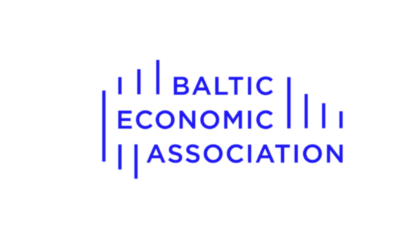The Stockholm School of Economics in Riga and the European Corporate Governance Institute are pleased to invite you to the conference SMEs, Families and Capital Markets, which will be held on Zoom.
Friday, 19 June 2020 | 10:45 EEST | 09:45 CEST | 08:45 BST
Programme
The programme is available on the event page. A printable copy of the programme can also be downloaded here. You are welcome to attend for the whole day or any part thereof. The Zoom link will work throughout the day.
There is increasing evidence of the positive role played by family firms, including both publicly listed and privately owned entities. However, one of the main challenges for family businesses is succession. It is becoming more complex due to changes in family, management and governance systems. Sound governance reduces conflicts of interest, maintains family harmony, and creates value for all stakeholders.
Business transfer is a critical milestone in the life of many family businesses that with the ageing of the population of entrepreneurs becomes even more acute. Additionally, in the Central and Eastern European markets, the first generation of entrepreneurs is nearing retirement, which means that for many firms in these countries the transfer of family business stock happens for the first time.
To address these issues, one of the priorities mentioned in the Entrepreneurship 2020 Action Plan of the European Commission is “easing business transfers”, for example, through reducing cross-border inheritance tax obstacles, improving information and advice services, and other initiatives. Likewise, stock exchanges are attempting to ease obstacles for small and medium-sized enterprises (SMEs), which are predominantly family-owned, to raise capital through public markets. The conference will examine these tendencies.

